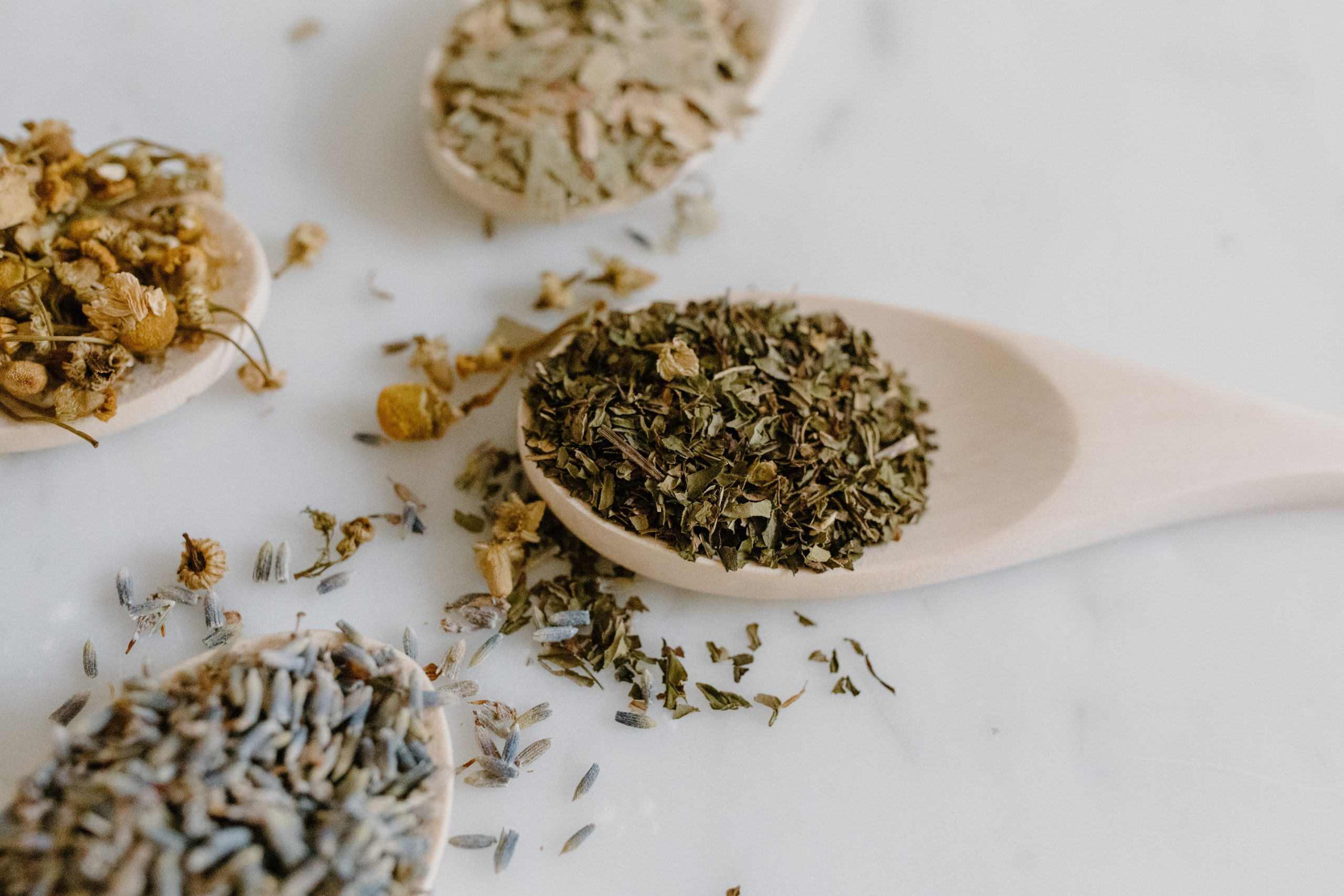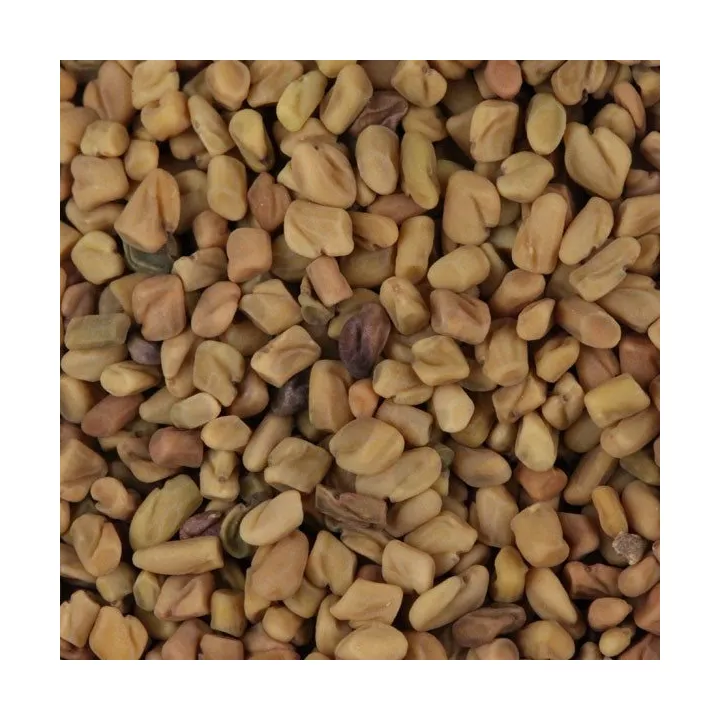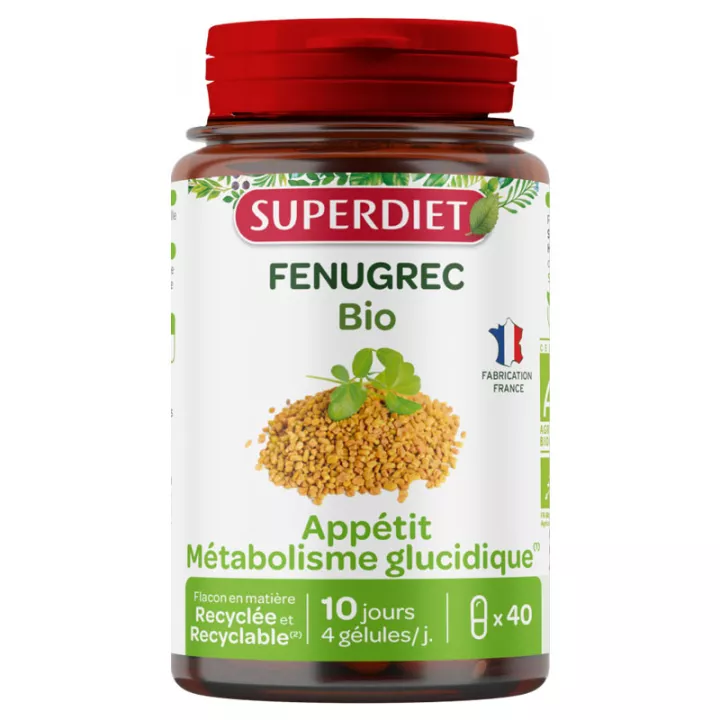What is Fenugreek Graine Iphym Herboristerie Trigonella foenum-graecum L. used for?
Fenugreek seeds, also known as Methi in Hindi, are a medicinal plant renowned for its exceptional therapeutic properties. Used for centuries in traditional Indian medicine and cooking, these seeds are packed with protein, fiber, vitamins and minerals, making them indispensable for those seeking natural solutions to their well-being.
Fenugreek seeds are a real blessing for the digestive system. Rich in soluble fiber, they facilitate intestinal transit and prevent constipation. By stimulating the production of digestive enzymes, they improvenutrient assimilation and reduce feelings of bloating. If you suffer from digestive disorders, incorporating fenugreek into your daily routine can offer effective, natural relief.
The bioactive compounds present in fenugreek, such as saponins, have cholesterol-lowering properties. By reducing blood cholesterol levels, these seeds help prevent heart disease. By incorporating these seeds into your diet, you can take a proactive approach to maintaining a healthy heart.
For people with type 2 diabetes, fenugreek is a natural solution for regulating blood sugar levels. The soluble fiber it contains slows the absorption of carbohydrates and fats, helping to stabilize blood sugar levels. As part of a balanced diet, fenugreek can be a valuable ally in helping you manage your diabetes.
Fenugreek seeds are also known for their ability to stimulate breast milk production. The phytoestrogens they contain promote the production of prolactin, an essential hormone for lactation. If you're a young mother looking to improve your milk production, fenugreek can be an excellent natural supplement.
In addition to their beneficial effect on satiety, the soluble fibers present in fenugreek help to reduce appetite, which can help you in your weight loss journey. Fenugreek also boosts overall metabolism, making it an ideal supplement for people looking to improve their physical condition.
Fenugreek is renowned for its versatility. Used externally, it has emollient and softening properties. Traditionally, it has been used to relieve mouth ulcers, chapped lips and even abscesses and boils. Internally, it combatsanemia and fatigue and stimulates theappetite, particularly beneficial for convalescents.
Iphym also offers Cut Leaf Strawberry at the best price in our online pharmacy.
How to use this plant
To take full advantage of the benefits of fenugreek seeds, we recommend preparing them as a decoction. Here's how to do it:
- Place 1 tablespoon (approx. 5-8 g) of seeds in a stainless steel saucepan (avoid aluminum).
- Add 1/2 liter of boiling water and simmer for 5 to 30 minutes, covering the pan to limit evaporation.
- Filter and consume within 24 hours. Store in a cool place.
For a milder infusion, usewater with low mineral content. You can also swallow 2 tablespoons of seeds directly with water, or drink the macerated water after 12 hours. For those wishing to stimulate their appetite or gain weight, a traditional preparation mixed with fermented milk (leben) is also recommended.
Give your opinion on the advice for use and dosage of Fenugrec Graine Iphym Herboristerie Trigonella foenum-graecum L. with our partner Verified opinions after your purchase.
Precautions for use
Be careful not to use fenugreek if you're on anticoagulant medication, particularly anti-vitamin K or warfarin, as it may interact with these drugs. Consult your doctor for careful monitoring of your biological data (INR). People allergic to peanuts should also take care, as fenugreek belongs to the same botanical family.
Fenugreek is not recommended for children or pregnant women, as it contains natural steroids. Always consult your health care professional before starting any new supplement.
What does it contain?
Fenugreek Graine Iphym Herboristerie Trigonella foenum-graecum L. contains :
Protein, Soluble fiber, Saponins, Phytoestrogens, 4 Hydroxy-isoleucine, Minerals, Vitamins.
Latin name: Trigonella foenum-graecum
Family: Papilionaceae
Other names: Trigonelle - Sénégrain.
trigonella comes from the Greek trigonos, "triangular", probably because of the shape of the corolla; foenum from fenum, "hay", and graecum, "Greek".
Presentation
Available in 100 g, 250 g or 1 kg formats.










